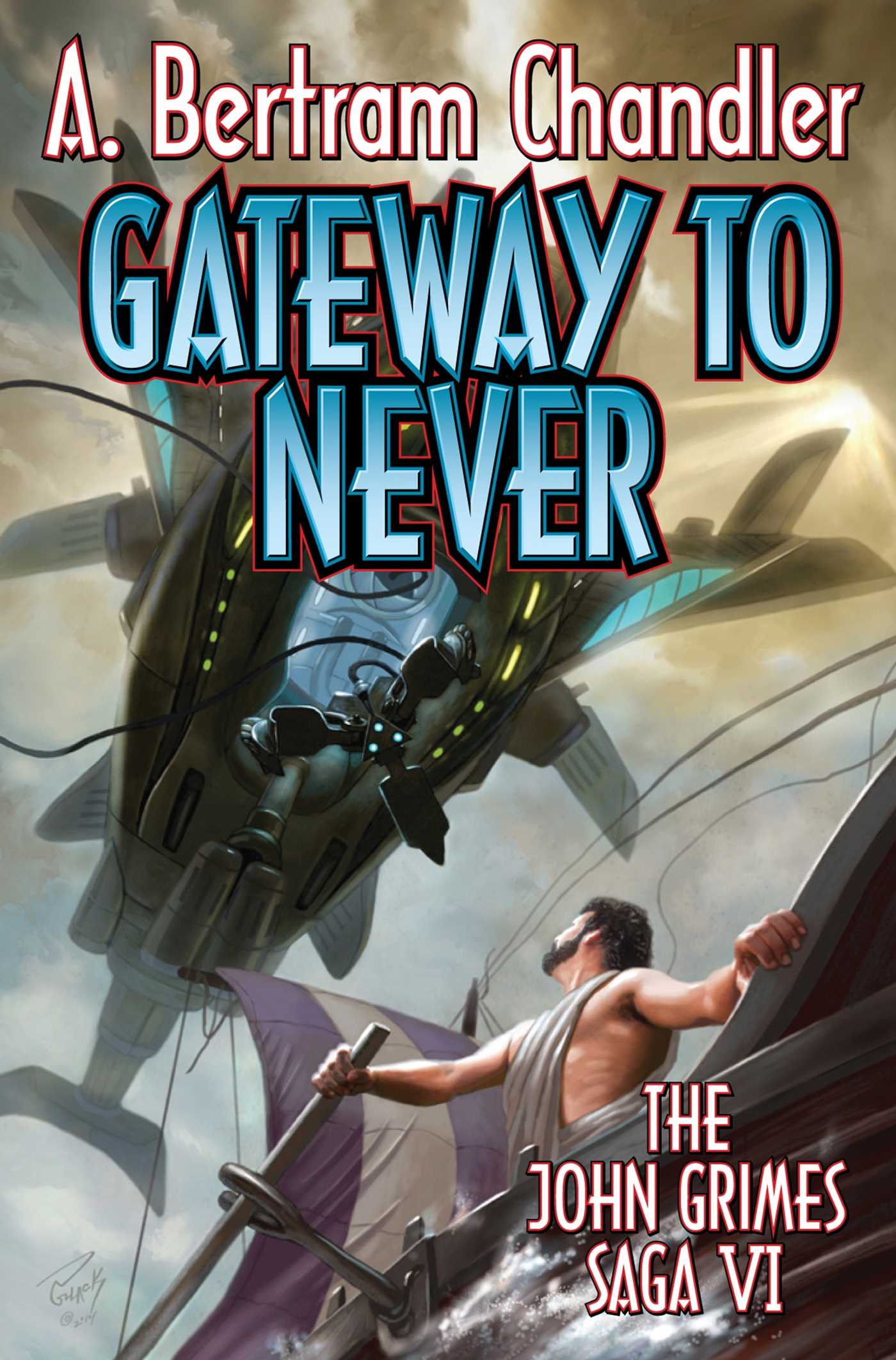

Jemisin: is an excellent novel about environmental destruction.

A Memory Called Empire by Arkady Martine: is an excellent treatise on cultural imperialism from the perspective of a member of the smaller country who, none-the-less, loves the culture of their would-be conqueror.Ancillary Justice by Ann Leckie: is a fascinating look into a society without gender and a wonderful exploration of identity as a destroyed warship seeks revenge.Unity by Elly Bangs: It's about identity.Honestly, is a little too Canterbury Tales for me.Īs for other lofty scifi about the human condition and such you must read, in some particular order:

On one hand, it's weird, and that's nice, on the other, I bounced off pretty hard. I suspect that it was the inspiration, though Moonseed is written as a tragedy: scientific heroism against a backdrop of an utterly brutal apocalypse. A bit dated now I think but still a great concept: when humanity started seriously exploring the solar system, they came across an asteroid stuffed full of functioning FTL starships, left there as a gift by a species not quite as prone to pressing buttons to see what happens as we are.Īnyone who liked 'Project Hail Mary' should definitely check out 'Moonseed' (Stephen Baxter). When they were discovered, humanity turn out not only had the gall to have apparently evolved by themselves but also to have begun the process of uplifting other species from their home planet. 'Sundiver' (David Brin) - every intelligent species in the galaxy was 'uplifted' by a patron species: no independently evolved intelligent species has ever been known and the social pecking order is essentially defined by how many species your species has uplifted.

'Hard' sci-fi that focuses on realism in a different field to the usual one. 'First Contract' (Greg Costikyan) - a book about the economics of first contact, drawing on our own history. 'Learning the World' (Kevin MacLeod) which is a role-reversal version of the Roswell incident: an alien race on the verge of discovering heavier-than air flight and their first truly mechanised war discover the crashed remains of a fixed-wing jet-powered drone, a probe sent from an approaching generation ship full of humans who are cheerfully sure that they are alone in the universe. Some interesting 'first contact' type novels I've read are: Bank's books and short stories are pretty much required reading if you've got any interest at all in science fiction: his books aren't just great SF, they're also brilliantly subversive on a huge number of levels.


 0 kommentar(er)
0 kommentar(er)
